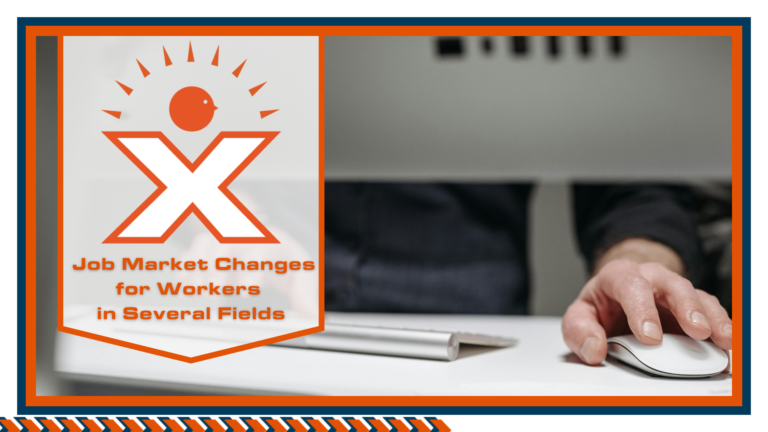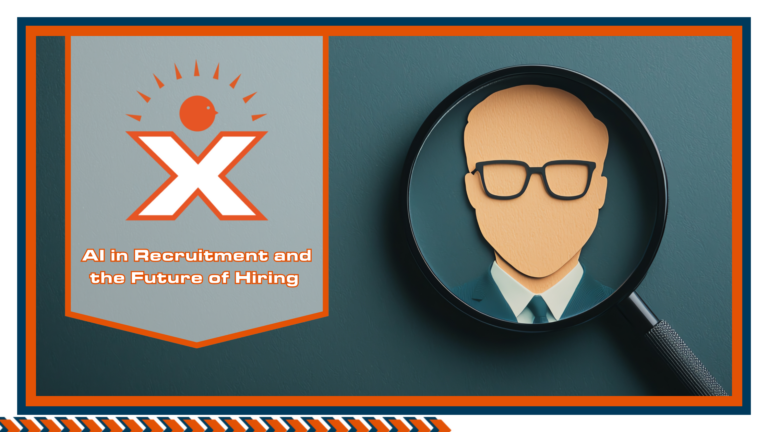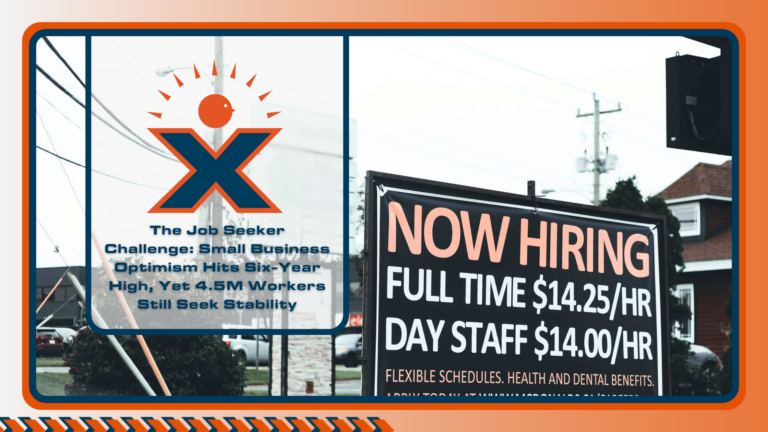You’re having a successful interview. Your answers are all on point and you feel like you’re hitting it out of the park. And then, out of left field, you get asked a dreaded interview question.
“What is your greatest weakness?” asks your interviewer. How do you answer it? Should you even answer it? Yes, you should. Let’s take a look at why this question is asked, how to best answer it, and how to avoid common mistakes.
Why Employers Ask “What Is Your Greatest Weakness?”
Employers typically want to determine a few things from asking candidates this interview question. They want to determine your level of self-awareness and self-assessment. They want to see how you have improved upon or how you are working to overcome your weakness. Additionally, they may be trying to weed out unqualified applicants as well.
Candidates who answer this question sincerely and who are able to demonstrate that they are improving themselves stand to pass any hiring manager’s “test.” Doing so will give an interviewer what they want—a better understanding of who you are and how you work.
How to Answer “What Is Your Biggest Weakness?”
Be prepared.
“One strategy for answering this question is to prepare for it. Think about it ahead of time, and decide what you will share. Write out your answer, and then practice,” says FlexJobs Career Coach Toni Frana.
There really is no substitute for figuring out your answer to this tough interview question before you head into the interview. Jot your answer down on a notebook or on your phone and read it out loud. Get comfortable with hearing yourself talk about your weakness. It will help you when you’re in the hot seat.
Be honest.
When explaining your greatest weakness, stick to the truth when answering the question. It’s likely the interviewer will be able to see through you if you lie. And if they ask any follow-up questions, it may leave you floundering.
Be positive.
A classic technique in answering this question is to share a weakness, what you have done to overcome it, and where you stand now.
For example, you could say that your weakness used to be that you would get nervous before giving presentations, but with practice, you have become a better public speaker. You’re taking something that was a negative and turned it into a positive. That way, you’re not leaving your interviewer with a negative perception about you.
And regardless of your answer, deliver your words with confidence. People who maintain composure whether talking about positives or negatives demonstrate to employers an ability to handle whatever comes their way.
Be short.
As you answer the interview question, try to be as concise as possible. This is where rehearsing your answer a few times before your interview can help. Aim to make your answer a minute or two. You don’t want to drag out your answer and make it a focus of the interview. We’ve provided a few examples below to help you determine the best way to succinctly present your biggest weakness.
3 Sample Answers to Addressing Common Weaknesses
Organization.
“When I was first starting out in my career, I sometimes struggled with organizing my work flow. When tasks come onto my plate, I tend to like to see each one through from beginning to end. What I’ve found helpful is using project management software so that I can visually see my deadlines. This has helped me prioritize what I should work on and even helps me multitask better.”
Asking for advice.
“Turning to others, such as coworkers or managers, for help has not always come easily to me. I do really well with independent work, and I like to take a project and make it my own. In my last job, I was tasked with collaborating with a coworker. What I found was that they added invaluable insight and really made the project much better than if I had done it on my own. Since then, I’ve found myself reaching out for help or even just advice more often.”
Speaking up.
“Speaking up during meetings or in front of a group of people isn’t very natural for me. I am a thinker and a listener, and I express myself very well on paper. Sometimes I need to think through what I want to say before speaking up. I’ve been working on inserting myself more into work conversations and paying attention to what others have to say. I realize that I don’t have to have a completely well-thought-out comment before I speak. I do, however, always make sure to send an email or talk one-on-one with someone when that’s more comfortable for me and I feel I have something to share.”
Mistakes to Avoid
Don’t give too many details.
“Be sure that you address your greatest weakness in a concise way. There is no need to go into a lot of detail. State your weakness briefly and then turn it on a positive note. How you use your weakness to drive you into action will actually showcase your strengths too,” says Frana.
When discussing your biggest weakness, going on about all the specific examples where you messed up or didn’t do a good job isn’t necessary. Briefly touch on an example, but keep the details to yourself. As previously mentioned, make your response only a minute or two long.
Don’t say you don’t have any weaknesses.
Resist the temptation to say that you don’t have any weaknesses. Everyone knows that isn’t true, and you’ll come off as cocky. Again, brainstorm before the interview and pick a weakness to talk about. Don’t refuse to answer the question.
Stay away from generalities.
Steer clear of clichés. Interviewers tire of people trying to disguise strengths as weaknesses with statements such as “I work too hard” or “I’m too passionate about what I do.” If you would roll your eyes at someone saying these things to you, don’t say them to a hiring manager.
Don’t undermine yourself.
Avoid anything that would undermine your suitability for the position. If you admit a weakness that’s directly related to a main skill of the job, it won’t work in your favor. For example, if you’re interviewing for a customer service role and you say that you struggle with dealing with people, you will likely take yourself out of the running.
Instead, choose a minor flaw unrelated to the job at hand. By doing this, you admit imperfection and demonstrate awareness of where you might need improvement—without raising eyebrows.
Level-Up Your Interviewing Skills
In the end, talking about your greatest weakness is a golden opportunity for you to showcase your skills. Use it to your advantage to show off your strengths, not your weaknesses.
For more interview tips and tricks: visit our talent blog or contact us today!
Recommended For You:
- The Perils Of Interviewing Part 2: Interviewees
- 3 Pro Tips for Mastering the Art of the Interview
- 12 Body Language Mistakes To Ditch For Your Interview
Who is NEXTAFF? We are locally owned and operated staffing offices devoted to our communities, clients, and candidates throughout the United States. For more job tips and ideas, contact us. We are always hiring, so if you or someone you know is looking for work, check out our job board below and apply today! We are able to service all your staffing agency needs with local staffing offices in Sacramento-CA, Sonoma County-CA, Des Moines-IA, Raleigh-NC, Shawnee-KS, Topeka-KS, Detroit-MI, Kansas City-MO, Gulf Coast-MS, Phoenix-AZ, Miami-FL, Harrisburg-PA, Jackson-TN, Beaverton-OR, Pittsburgh-PA, North Dallas-TX, and Denver-CO.
{{cta(‘d32846d5-587b-4c3e-b397-d4da97690e8a’)}}











